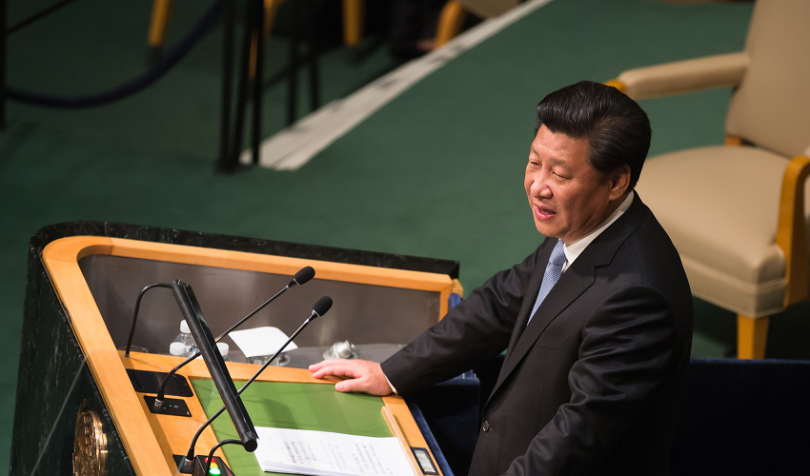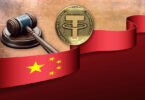On Friday, it was reported that the president of China, Xi Jinping, had overseen a government study on innovation and blockchain. In a speech, he said that blockchain technology plays a vital role in industry, and emphasized the need to expand and improve its applications.
In a rare show of support from a world leader, Xi advocated for the use of distributed ledger technology (DLT) particularly in the digital economy. He pointed out that China has a leading role in its development, which is indeed partly thanks to institutional backing.
The nation has integrated blockchain in various state-owned or managed sectors such as customs, healthcare, and banking. The central bank’s digital currency project, which involves extensive state support, is perhaps the most high profile.
As other countries are turning to DLT solutions, “it is necessary to strengthen research, enhance innovation ability, and strive to let China take the leading position in the emerging field of blockchain, [… to] gain new industrial advantages,” said Xi.
He further encouraged “deep integration” of blockchain in artificial intelligence, big data, and the internet of things (IoT). To achieve this, Xi put forward improving existing training programs and establishing high-level talent platforms. This, he hopes, will also cultivate collaborative research and a China-based group of leading blockchain figures.
Xi specifically pointed out the “difficulty in financing loans for SMEs”, which is a pain point both China’s nationwide blockchain service network (BSN) and Huangpu’s company registration initiative hope to address.
‘Blockchain+’ solutions, a term also used by Tencent to describe consumer-facing applications, should be promoted to improve people’s day-to-day lives, the Chinese president said.
The large number of industries he suggested included smart cities, transportation, energy, employment, medical health, commodity anti-counterfeiting, and food safety. A surprisingly well-informed list of areas, they are all actively using blockchain or have solutions in the works.
To develop these societal applications of blockchain, Xi talked about the importance of state guidance and transparent regulations. This includes analysis of blockchain security risks and a “safety guarantee system” for developers, likely similar to a sandbox environment.
China’s role as a leading blockchain advocate and developer can only be strengthened after Xi’s words last week. It is rare for a nation’s leader to mention the technology, let alone a detailed outline of how it could improve industry and society.






